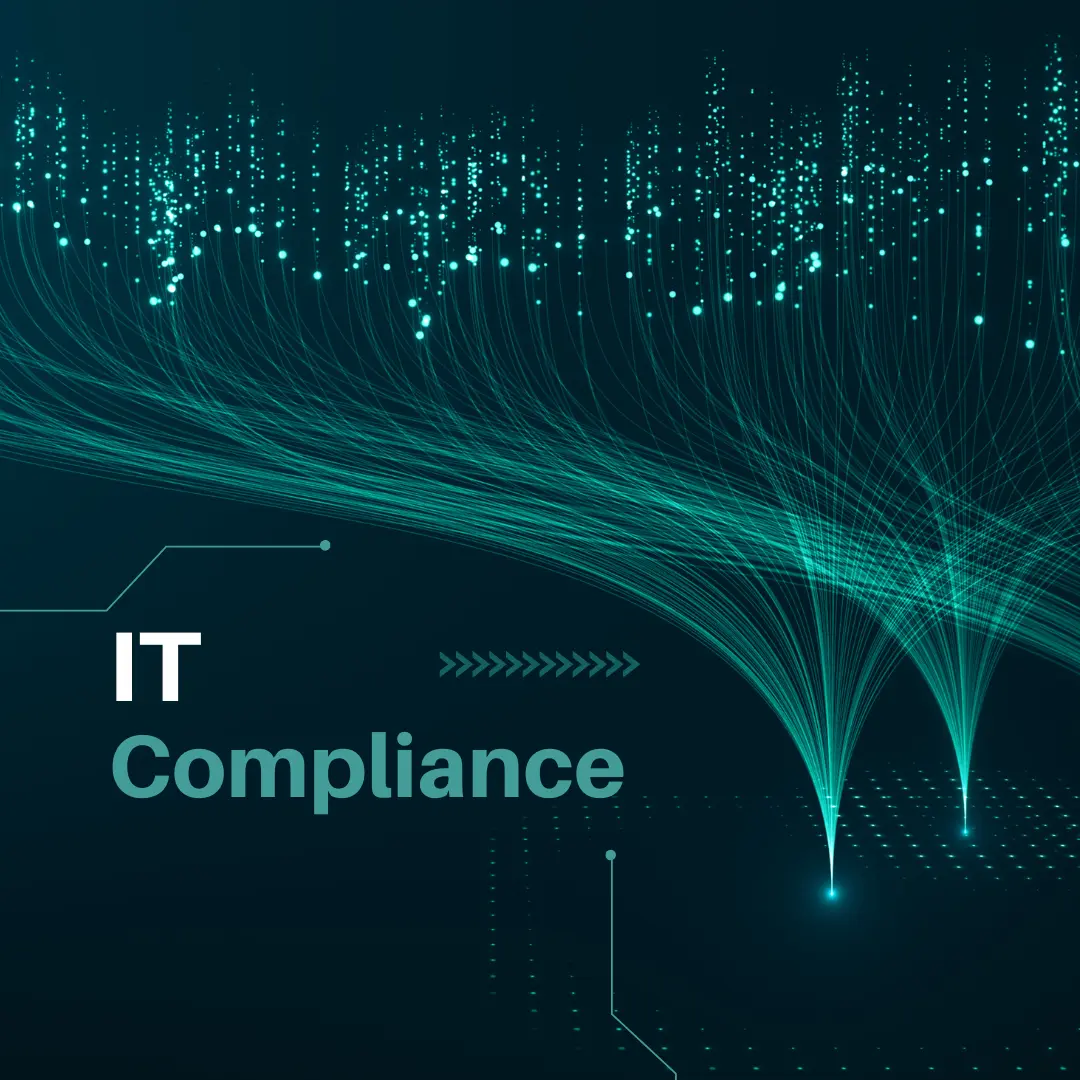IT compliance is indeed crucial for organizations to ensure the security, integrity, and confidentiality of their information systems and data. Compliance requirements vary based on industry, geographical location, and specific regulations. While I can provide you with a general overview, it’s important to consult with legal and compliance professionals to ensure accurate and up-to-date information for your specific situation.
Here are some common IT compliance requirements:
- General Data Protection Regulation (GDPR): GDPR is a comprehensive data protection regulation that applies to organizations handling the personal data of European Union (EU) citizens. It mandates strict requirements for data protection, consent, breach notification, and data subject rights.
- Payment Card Industry Data Security Standard (PCI DSS): PCI DSS is a set of security standards that organizations must follow if they handle credit card information. It focuses on protecting cardholder data, maintaining secure networks, implementing strong access controls, regularly monitoring and testing systems, and maintaining an information security policy.
- Health Insurance Portability and Accountability Act (HIPAA): HIPAA applies to organizations in the healthcare industry and governs the security and privacy of protected health information (PHI). Compliance involves implementing administrative, physical, and technical safeguards to protect PHI, ensuring patient rights, and implementing proper data breach notification procedures.
- Sarbanes-Oxley Act (SOX): SOX is a financial regulation that applies to publicly traded companies in the United States. It focuses on financial reporting and includes provisions to ensure the accuracy and integrity of financial information. IT compliance requirements involve maintaining proper internal controls, secure storage of financial data, and data retention policies.
- Federal Information Security Management Act (FISMA): FISMA is a U.S. federal law that establishes security standards for federal agencies and contractors. It requires implementing risk management processes, developing security plans, conducting security assessments, and establishing incident response capabilities.
- ISO 27001: ISO 27001 is an internationally recognized standard for information security management systems (ISMS). It provides a framework for organizations to establish, implement, maintain, and continuously improve their information security processes. Compliance involves conducting risk assessments, implementing security controls, and establishing a management system to monitor and review security practices.
- California Consumer Privacy Act (CCPA): CCPA is a privacy law that applies to businesses operating in California and handling personal information of California residents. Compliance requires implementing data protection measures, providing consumer rights to access and delete their personal information, and disclosing data collection and usage practices.
- NIST Cybersecurity Framework: The National Institute of Standards and Technology (NIST) Cybersecurity Framework provides guidelines for organizations to manage and mitigate cybersecurity risks. It includes five core functions: Identify, Protect, Detect, Respond, and Recover. Compliance involves aligning with these functions to improve cybersecurity posture.
These are just a few examples of IT compliance requirements. Depending on your industry and specific circumstances, other regulations and standards may also be applicable. It’s essential to conduct a thorough assessment of your organization’s requirements and seek professional guidance to ensure compliance.
Love, C. J. (2023, May 24). IT Compliance is Important: Here are Some Requirements You May Need to Know. ShowTech Solutions. https://www.showtechsolutions.com/blog/it-compliance-is-important-here-are-some-requirements-you-may-need-to-know

